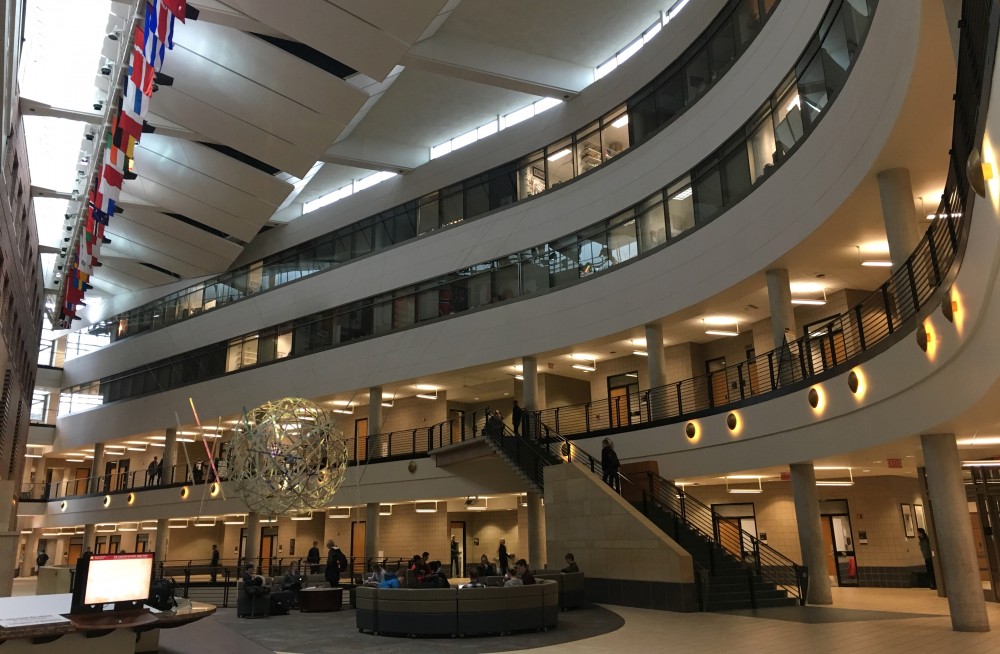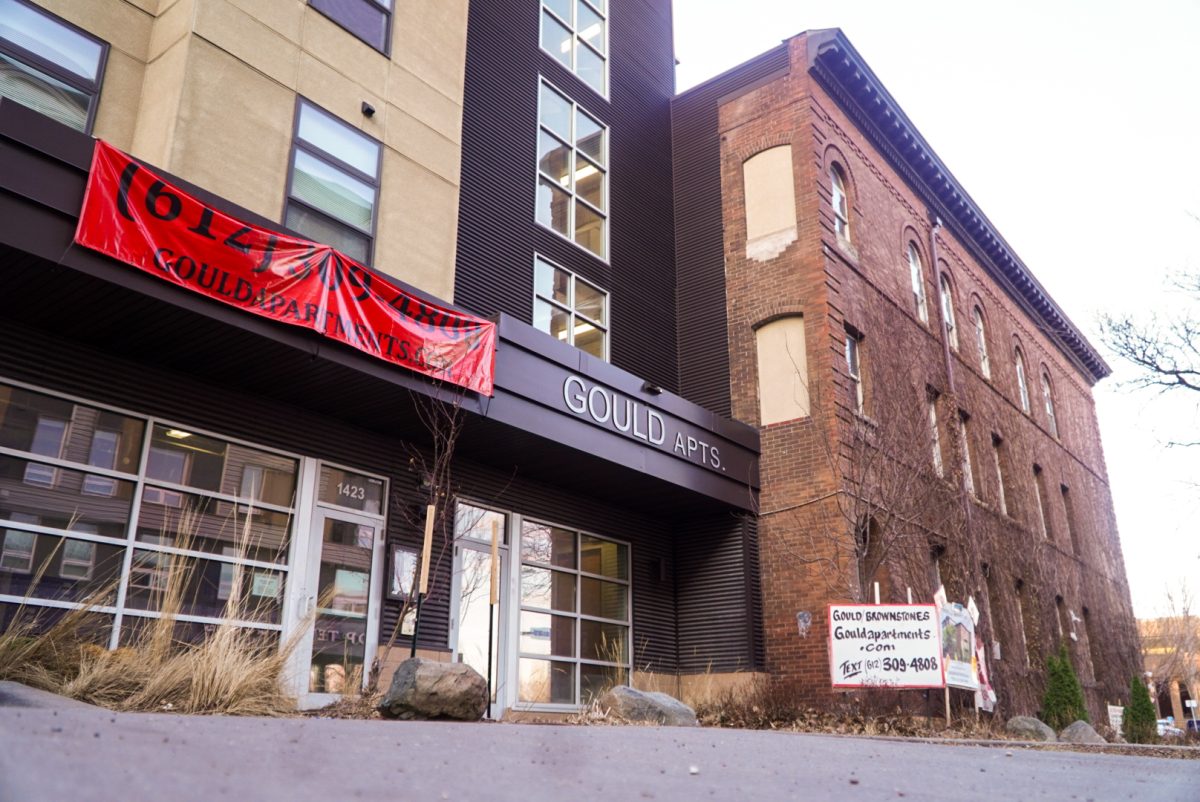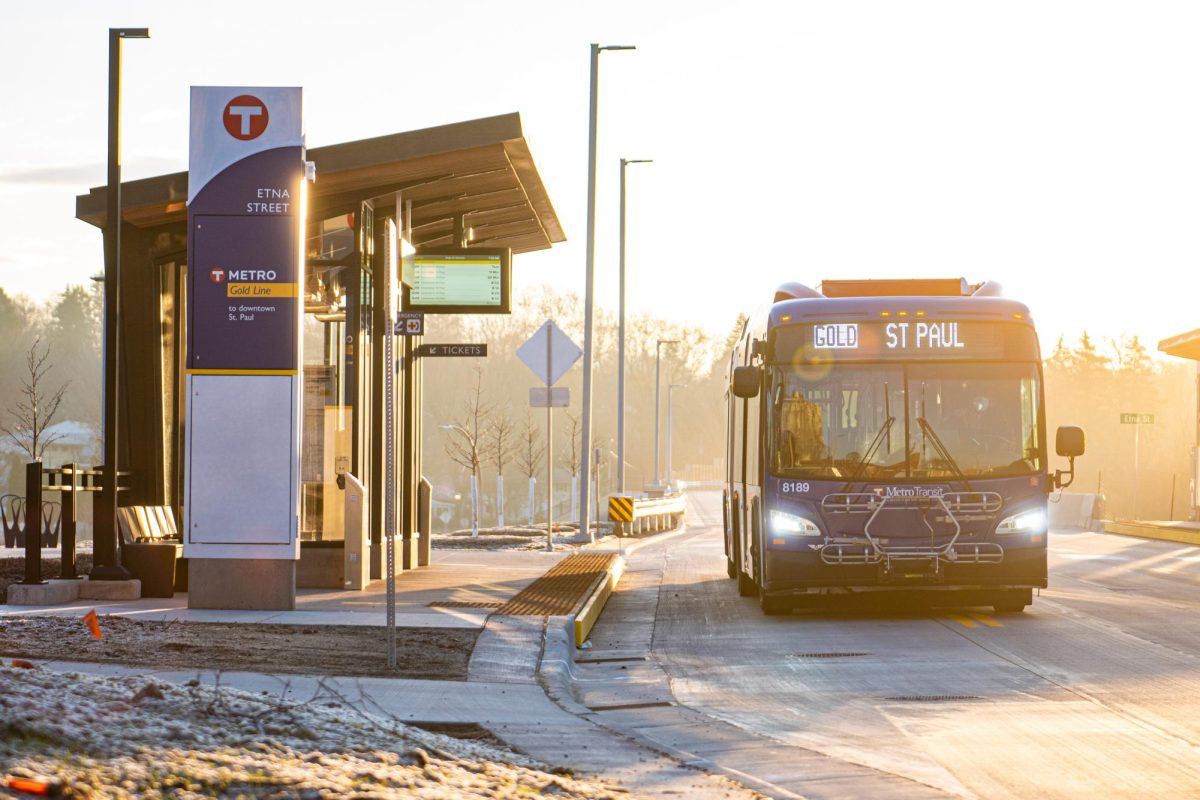As declining enrollment has forced universities across the country to shake up their master of business administration programs, the University of Minnesota has tried to be proactive.
Business schools ranging from the University of Iowa to Virginia Tech to Wake Forest University phased out their full-time MBA programs in recent years, and many other schools across the country have adapted in response to the low enrollment.
Specialized master’s degree enrollment almost doubled from 2006 to 2016, according to a report by the Association to Advance Collegiate Schools of Business. Conversely, full-time MBA enrollment dropped by 20 percent.
At the University’s Carlson School of Management, school officials have tried to anticipate these trends and offer course options — like more online sections — that align with the evolving MBA market.
For other schools, adapting to the changing market has been challenging. At the University of Wisconsin-Madison, an attempt was made to shutter the program, but public and school backlash reversed the administration’s decision.
Joel Waldfogel, associate dean of MBA programs at the University of Minnesota, said more students are opting to pursue specialty master’s degrees rather than full-time MBA programs.
An increase in student debt is partly to blame for this decreased participation in full-time MBA programs, said Phil Miller, assistant dean of MBA programs at the University. Tuition and fees for full-time MBA programs are typically around $60,000 a year, and students have to delay working while they participate in them, he said.
Additionally, Miller said that due to a strong economy, students who might seek an MBA are less likely to leave their current jobs to get more education.
“In a poor economy, students are more likely to leave stable jobs and go back to school to get higher levels of education, rather than wait on a promotion or a better job,” Miller said.
While the University of Minnesota’s full-time MBA program has maintained its size — in 2010 the program had 548 applicants and 565 in 2017 — the school has tried to adapt to the market by offering more specialized master’s programs.
The school currently offers six specialized master’s programs in addition to its traditional full-time, part-time and executive MBA programs. The school’s master program in business analytics has seen a significant increase in interest over the past few years, Waldfogel said.
“Even besides the national trends, these specialized master’s were created because we were anticipating what we thought the market would want,” Miller said.
To adapt to the changing market, Miller said the University has also focused on changing its traditional MBA programs.
The school has attempted to enrich the MBA experience for residential students, like offering more interactive classroom time, more face time with instructors and more help in the classroom for students, he said.
The hope, Miller said, is sustained admissions.
The school has also tried to be innovative in offering more online components to courses so as to better accommodate students who work .
“It’s a changing market and a changing environment,” Miller said. “We’re evolving and we’re adapting.”








